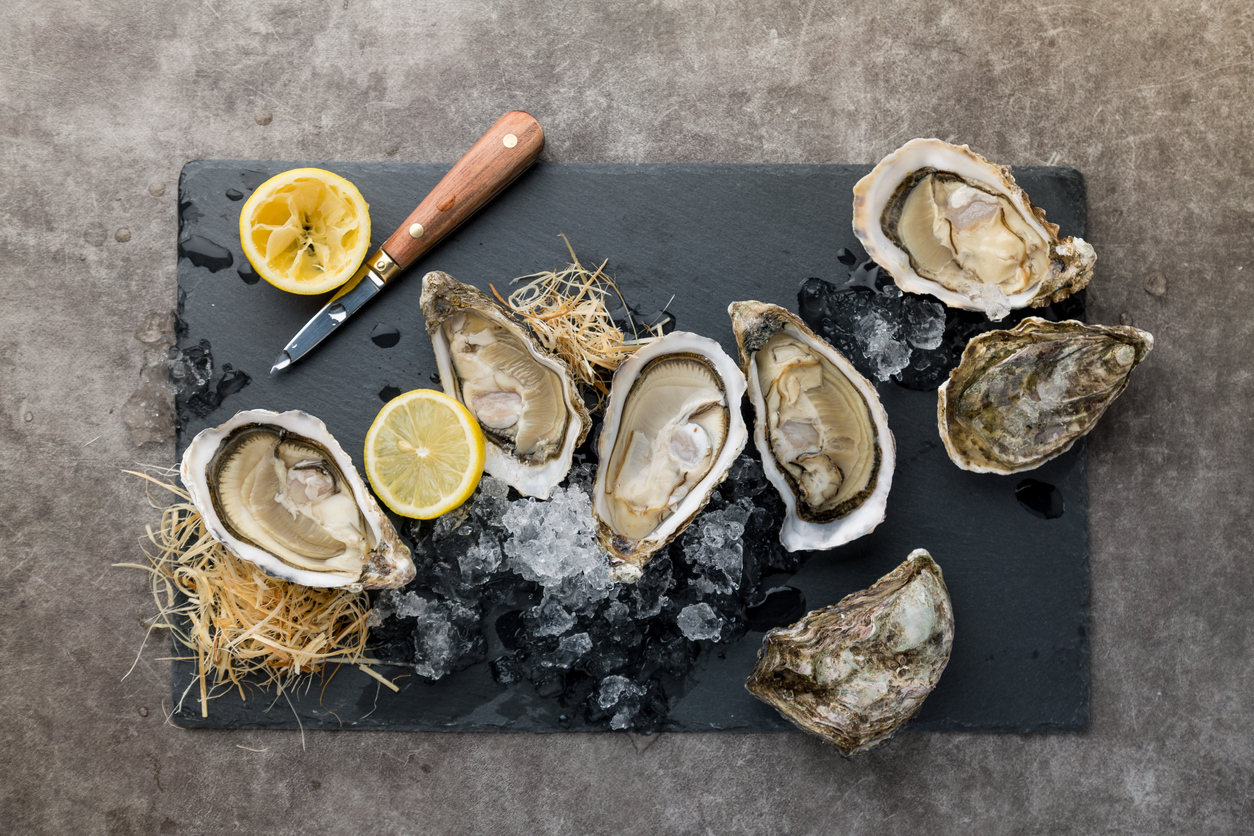Cellular agriculture professorship launched at Massey University in New Zealand

New Zealand’s Riddet Institute and AgResearch are looking for a skilled scientist working in the field of cellular agriculture to take on a new professorship position at Massey University.
The two organisations have collaborated to create the new position on the country’s North Island.
The role will be hosted at the university’s Palmerston North campus at the state-of-the art research facility Te Ohu Rangahau Kai, which is shared by both groups, and will be jointly funded by Massey and AgResearch.
The Riddet Institute specialises in advanced food research, while AgResearch focuses on the pastoral and agri-tech field.
The professorship will involve working with the specialities of both organisations to make significant progress in cellular agriculture research, according to Dr Stefan Clerens (pictured right), Leader of Smart Foods and Beyond Food Innovation Centres of Excellence at AgResearch.
As the cultivated protein space continues to grow, the new role is needed to build research and training around the sector, specifically around the ‘nutritional repercussions’ of cell-based proteins.
“We can put the science behind it. We can find out if it is fully digestible and understand the biochemistry and how it all comes together in a structure to deliver functionality for whatever the customer requires,” Dr Clerens said in a statement.
“We don’t want to get another burger on the market; we want to focus on the processes and science behind the technology.”
The position has been advertised globally, but with cellular agriculture still being a relatively niche area in food science, only a select number of scientists are qualified to work in such a position, according to Dr Clerens.
While it may be challenging to find the right candidate, filling the new role is essential to helping New Zealand become a leader in such a rapidly growing field, according to Distinguished Professor Harjinder Singh (pictured left).
He said: “Biotechnologies for producing animal protein-based foods without animals have the potential to significantly disrupt the traditional animal protein industry.
“It is extremely important for New Zealand to develop future capability in cellular agriculture and exploit new commercial opportunities. This position will bring together key expertise and collaborations required to strengthen this research area for New Zealand.”
Interest in cellular agriculture is soaring worldwide. In Europe, the Dutch government has invested €60M into the sector, and in Switzerland, the Israeli company SuperMeat has recently signed an agreement with the country’s biggest supermarket, Migros, to accelerate commercial distribution of its cultivated chicken.
The topic is becoming essential in the academic world too, with a class dedicated to cellular agriculture being launched earlier this year at the University of North Carolina.
Find out why journalist and activist George Monbiot thinks we need to start relying on protein grown in factories in this latest Food Matters Live podcast episode:








